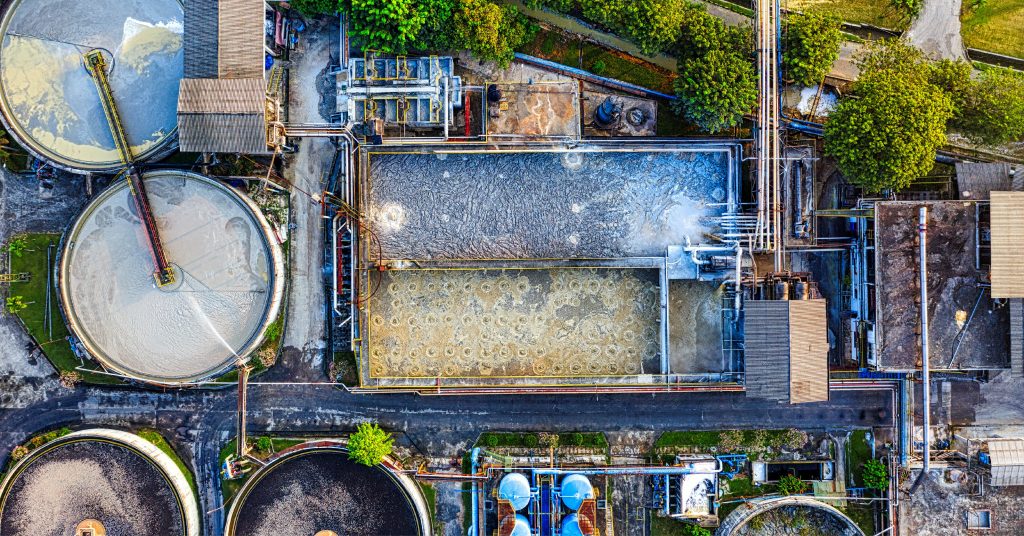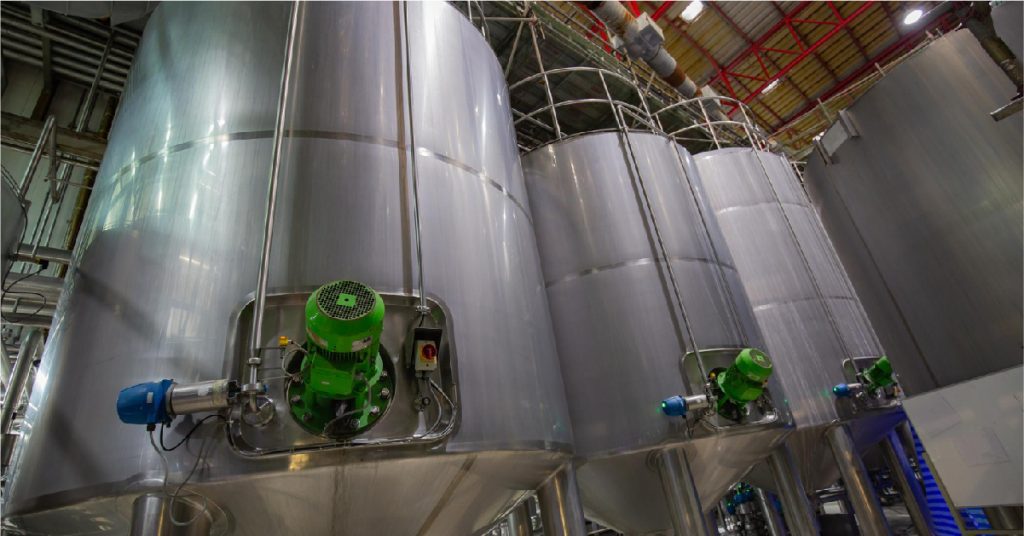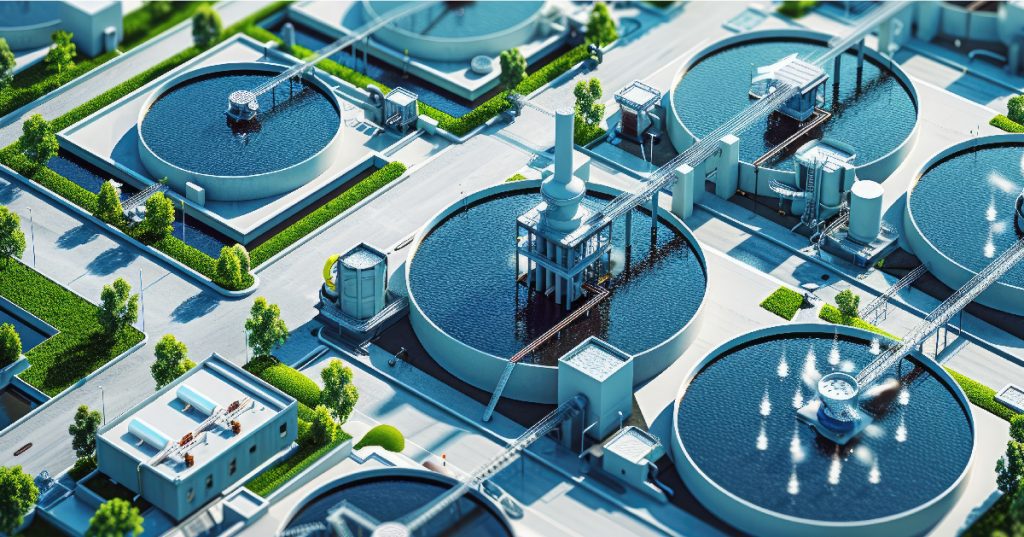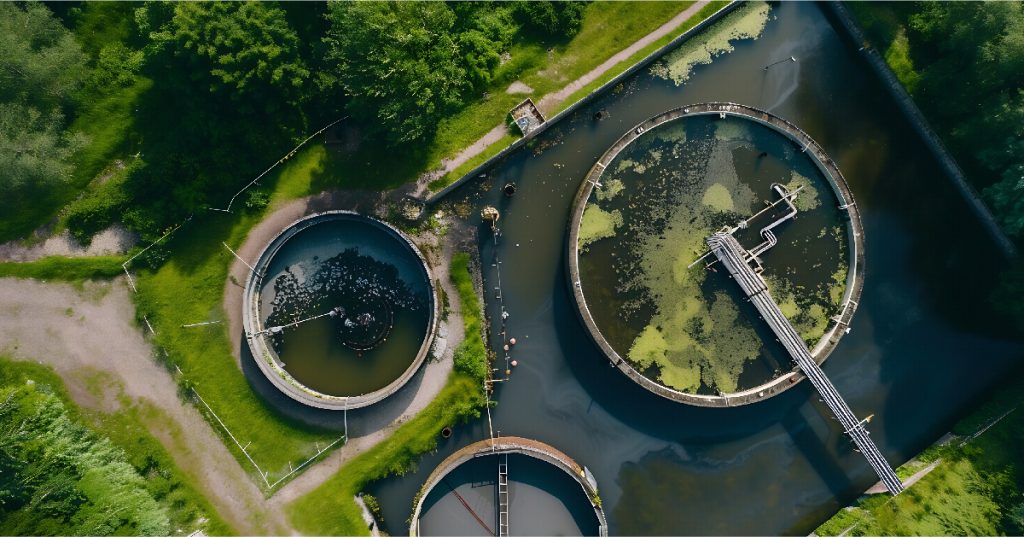Water recycling is a vital aspect of sustainable development today. With the increasing strain on water resources due to population growth and industrial processes, the need for innovative solutions like water reuse has become paramount. Recycling wastewater not only conserves water supplies but also safeguards public health and the environment.
By understanding its importance and benefits, we pave the way for a greener future and the efficient utilization of this precious resource.
Understanding Water Recycling
Water recycling involves treating wastewater to make it suitable for reuse in a variety of applications. This process helps alleviate pressure on water supplies and protects the environment by reducing the discharge of untreated wastewater. It offers numerous advantages, such as conserving water supplies, reducing the strain on freshwater sources, and lowering costs associated with water treatment. Additionally, it promotes environmental sustainability by minimizing pollutant discharge into rivers and lakes.
By using advanced treatment processes such as membrane filtration and biological treatment, water recycling can produce high-quality recycled water for purposes like irrigation, industrial processes, and replenishing groundwater sources.
Crucial Steps
Primary and organic steps in water recycling include preliminary treatment to remove large debris, followed by biological treatment to break down organic matter. Advanced processes like membrane filtration remove finer particles and contaminants, enhancing water quality.
Disinfection techniques such as UV or chlorination further purify the water, ensuring its safety for various applications like irrigation or industrial use. These crucial steps collectively contribute to sustainable water reuse by promoting resource conservation and environmental protection.
Ion Exchange Leading the Way
Ion Exchange offers comprehensive water management solutions that focus on wastewater recycling, product recovery, and waste minimization. Their integrated systems employ cutting-edge, energy-efficient, and cost-effective technologies such as advanced membrane processes, oxidation, and evaporation. These innovations enable the conservation of water by recycling wastewater and recovering valuable products for reuse, aiming for zero liquid discharge and providing a strong return on investment while safeguarding the environment.
Through meticulous bench-scale and pilot plant studies and detailed site surveys, Ion Exchange selects the most suitable technologies and treatment schemes. These solutions are tailored for various industries, including power plants, fertilizers, electronics, electroplating, textiles, chemicals, food and beverages, pulp and paper, pharmaceuticals, and automobiles, ensuring optimal recovery and reuse of water and valuable products.
-
INDION TADOX Process
The INDION TADOX process represents a significant advancement in the treatment of complex industrial and municipal wastewater. This innovative solution offers flexibility by allowing integration at the secondary treatment stage, either before membrane processes or during the pre-biological stage. Employing novel approaches, INDION TADOX minimizes chemical usage, reduces sludge production, prevents secondary pollution, and decreases the load on downstream tertiary treatments. As a retrofittable and integrated solution, it ensures reduced treatment times and delivers highly resource and energy-efficient processing, leading to 30-40% reductions in both CAPEX and OPEX. Key advantages include high efficiency, excellent treated water quality, a clean and green approach, and a modular, integrated design.
-
Advanced Oxidation Systems
Advanced Oxidation Systems (AOPs) encompass a range of chemical treatment processes designed to remove organic and, at times, inorganic materials from water and wastewater through oxidation reactions with hydroxyl radicals (OH). These processes often utilize ozone (O3), hydrogen peroxide (H2O2), and UV light. A specific type of AOP is in situ chemical oxidation. The advantages of AOPs include their ability to effectively eliminate organic compounds in the aqueous phase rather than transferring pollutants to another phase. Additionally, some AOP designs can achieve disinfection, making them a comprehensive solution for various water quality issues. Since the complete reduction product of hydroxyl radicals is water (H2O), AOPs theoretically do not introduce new hazardous substances into the water.
-
Membrane Systems
HYDRAMEM, developed by Ion Exchange, showcases the best in modern membrane technology. With superior quality and decades of manufacturing expertise, HYDRAMEM is the preferred choice for industrial, institutional, and domestic applications. Our advanced membrane range includes Reverse Osmosis (RO), Ultra Filtration (UF), and Nano Filtration (NF), ensuring high performance and reliability across various uses.
Ion Exchange’s water recycling plants showcase impressive capacities across various locations. At HCC’s 247 Park in Mumbai, the plant processes 400 m3/day using MBR technology. Similarly, NIIT SEZ in Greater Noida operates a plant with a capacity of 200 m3/day. Orbit Construction in Mumbai has a facility handling 100 m3/day. Additionally, Hotel Leela Ventures benefits from a robust 500 m2/day MBR system, serving both its Chennai and Delhi locations.
Conclusion
Water recycling holds immense potential for mitigating water scarcity and pollution. As we navigate the challenges posed by climate change and growing water demands, its adoption becomes imperative for environmental protection and sustainable development. Embracing water recycling is not just a choice; it’s a necessity for safeguarding our precious water resources.
Contact Ion Exchange Specialists to learn more about water treatments.





